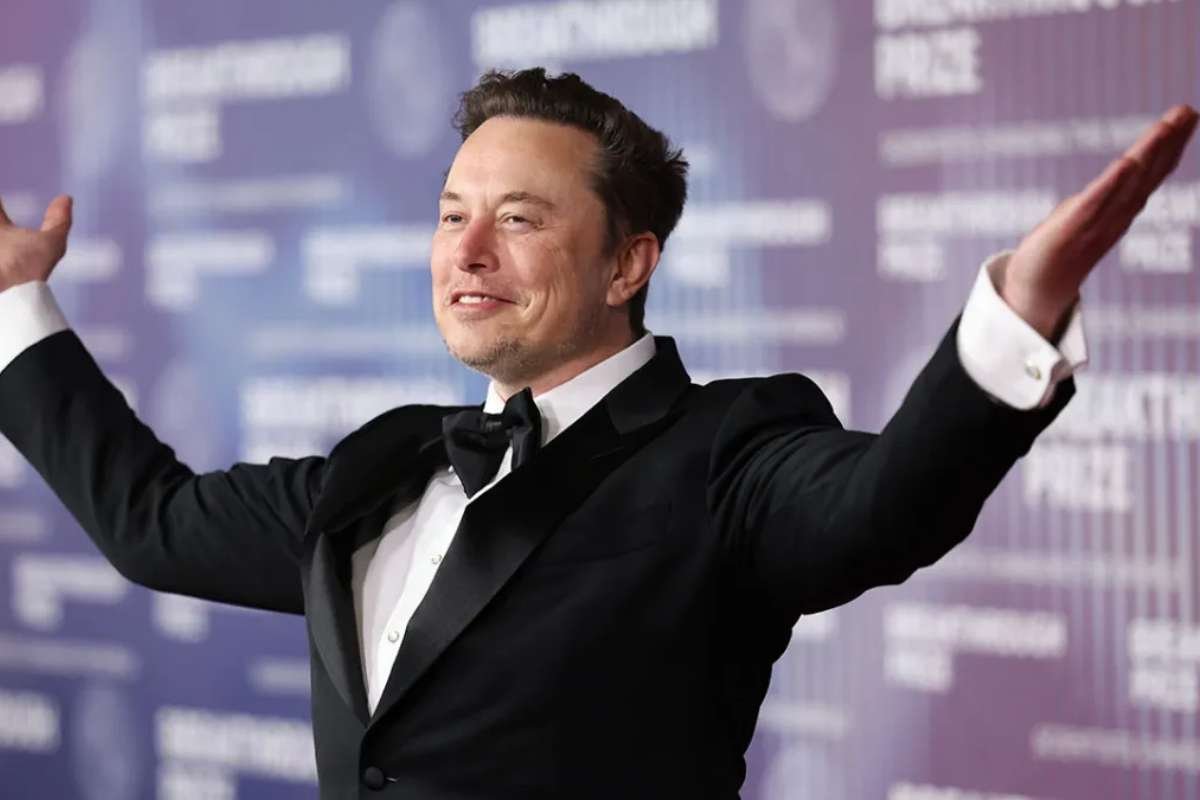Musk’s Surprise Move to Acquire OpenAI
Billionaire entrepreneur Elon Musk has made an unexpected move by placing an unsolicited $97 billion bid to acquire OpenAI, the artificial intelligence company he co-founded. This bold maneuver comes as Musk continues to challenge regulatory bodies and push his vision for AI development. However, OpenAI’s current leadership, led by Sam Altman, swiftly dismissed Musk’s bid, with Altman responding with a firm “no thank you” via social media.
Despite this rejection, Musk’s actions raise questions about his true intentions. Given OpenAI’s complex ownership structure, which includes both a for-profit entity and a nonprofit board, any takeover would require significant financial and legal maneuvering. While some analysts see the bid as a mere publicity stunt, others suggest that Musk’s underlying goal is to disrupt OpenAI’s operations and slow down its growth.
A Tactical Disruption in AI Leadership
One possible motivation behind Musk’s bid is to create obstacles for Altman’s ongoing efforts to transition OpenAI into a fully for-profit entity. The company, which currently operates under a nonprofit umbrella, is facing pressure from investors to restructure in a way that maximizes financial gains. By publicly announcing a high-value bid, Musk has indirectly increased OpenAI’s valuation, making it more challenging for Altman to negotiate terms for such a transition.
Altman, speaking at an AI summit in Paris, appeared unbothered by Musk’s latest maneuver, stating that he would prefer competition to be driven by product innovation rather than strategic interference. Nonetheless, the bid has introduced new complications for OpenAI, especially at a time when the company is rapidly expanding and consuming significant financial resources.
The Bigger Picture: Musk’s AI Ambitions
Beyond disrupting OpenAI, Musk’s bid highlights his broader ambition to dominate the AI industry. If he were to succeed in acquiring OpenAI, he could merge it with his own AI company, xAI, forming a dominant force in the sector. Such a move would give him access to OpenAI’s leading-edge technology, top-tier talent, and established brand, positioning him at the forefront of artificial intelligence development.
This bid also aligns with Musk’s interest in a regulatory environment that favors corporate expansion over oversight. At the same AI summit, government officials expressed a desire for a more relaxed regulatory approach to AI, arguing that excessive oversight could hinder progress. Critics, however, argue that AI remains largely unregulated, with existing policies having little impact on addressing potential risks.
Industry experts suggest that the government’s deregulatory stance could benefit companies like Musk’s, allowing for rapid AI advancements with minimal interference. Meanwhile, the ongoing power struggle between major players like Musk and Altman underscores the high stakes involved in shaping the future of AI. Whether Musk’s bid is a serious acquisition attempt or a strategic disruption, its impact on OpenAI and the broader AI landscape remains to be seen.









